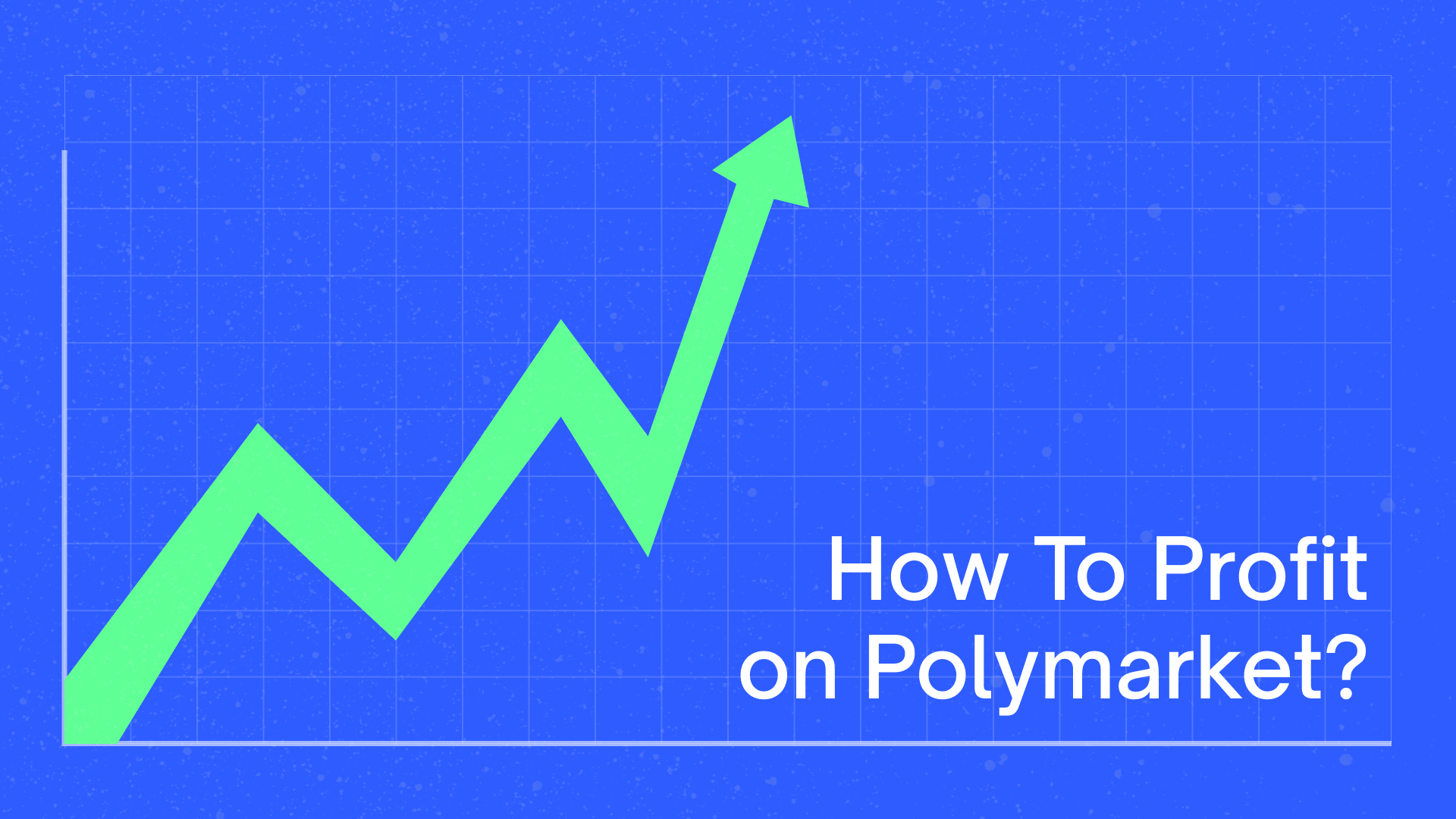The European Union has quietly passed the most sweeping financial surveillance rules it’s ever introduced.
Starting in 2027, paying more than €10,000 in cash will be illegal anywhere in the EU. For anything between €3,000 and €10,000, you’ll need to show ID and have the payment recorded. The measure comes from Regulation (EU) 2024/1624, already approved, and is being presented as a big step against money laundering.
Europe does have a serious laundering problem, with officials estimating around whopping $750.2 billion a year in illicit money flows. But the fix hits everyone, not just the criminals. Buying a used car or a watch in cash will soon make you look suspicious by default.
Crypto's anonimity is finished
The crackdown doesn’t stop at cash. Under the new “Travel Rule,” every crypto transfer through a regulated exchange must now include verified information about both the sender and the recipient. Even small trades will be traceable.
If you move more than €1,000 to or from your private wallet, the exchange has to verify that you actually control it. Anonymous accounts and so-called privacy coins are being banned entirely. In practice, that means the end of anonymous crypto in Europe.
Supporters call it transparency. Critics call it the death of financial privacy.
The road to the digital euro
These rules also clear the path for the European Central Bank’s upcoming digital euro, expected around 2029. Policymakers are testing a personal holding limit of about €3,000 to prevent people from pulling too much out of banks. All transactions will sit on a centralized ledger, though the ECB promises “cash-like privacy” for small offline payments.
That sounds fine in theory. But only until you remember how quickly “temporary” measures tend to stick. When Cyprus froze deposits in 2013, people learned how easily governments can change the rules in a crisis. A digital euro could make that kind of control instant: freezing funds, charging negative interest, or limiting what you can spend money on.
Officials insist the digital euro won’t be programmable and that cash will stay. But once every transaction is digital, privacy stops being a right and starts being something granted, or taken away, by policy.
Safety or Surveillance?
The EU says it’s protecting the financial system. But to protect it, it wants full visibility of it. Every citizen becomes a datapoint in the name of fighting a few bad actors.
No one disagrees with cracking down on corruption or terrorism financing. The concern is what happens when that same power can be used to monitor or block everyday transactions.
Leaders promise these new tools won’t be abused. History says otherwise. The real question isn’t what happens in 2027 or 2029, it’s what happens the first time a crisis makes those powers too tempting to use.








 Meepie
Meepie



